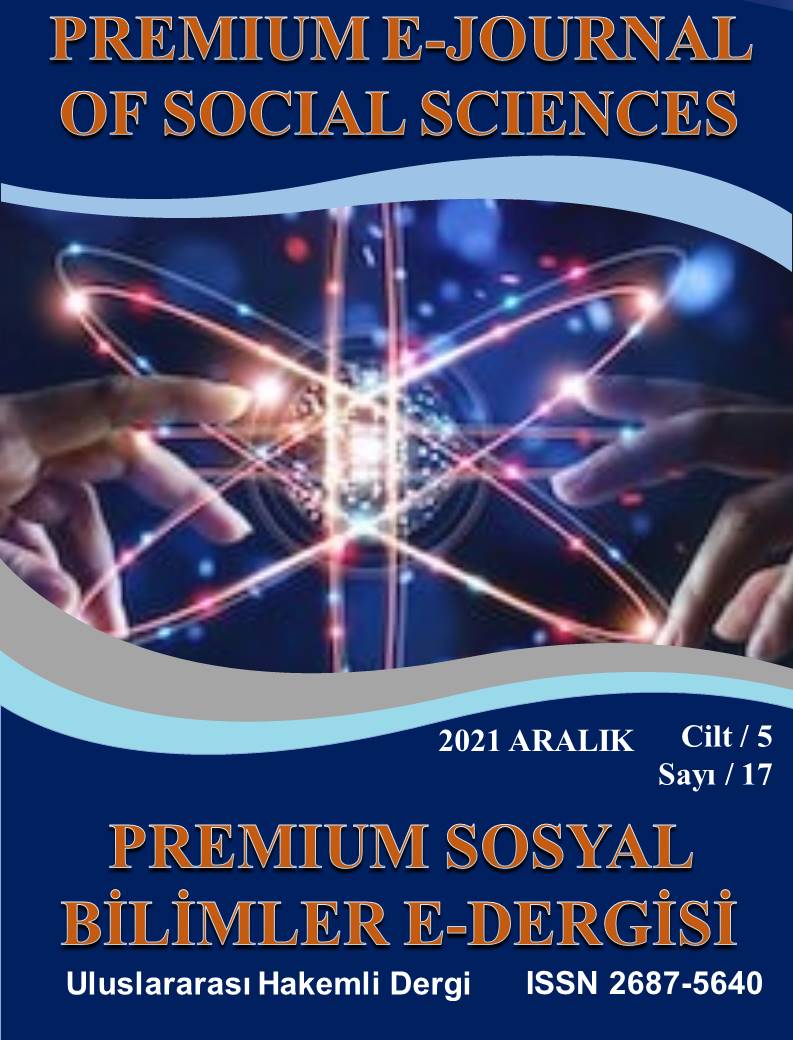AN ESSAY ON INFLATION HYSTERESIS IN TURKEY
DOI:
https://doi.org/10.37242/pejoss.2205Keywords:
Macrodynamics, Hysteresis in Price Indices, Sticky InflationAbstract
In today's world, where globalization is increasing rapidly, the epidemic process is experienced, international supply chains are disrupted, and geographical tensions are escalating; the frequency and severity of socioeconomic and political shocks are increasing day by day. In this process, the effects and temporality of shocks are very important for countries to evaluate current opportunities and threats. From an economic point of view, in the most general sense, the permanent effect of shocks on the series and the inability to return to the past equilibrium state after the shock are handled at the center of the concept of "hysteresis". Although hysteresis studies are extensively studied on unemployment series in the literature, it is possible to question macroeconomic variables such as economic growth and inflation by modeling from here. Accordingly, within the scope of this study, the temporality of shocks in monthly price indices data in Turkey is investigated with ADF, PP, and Zivot-Andrews unit root tests. According to the empirical results, it has been determined that the hysteresis hypothesis is valid with structural breaks in most of the consumer and producer price indices and so that the series cannot return to their previous equilibrium states after the shocks. Structural break dates, on the other hand, indicate that political processes and tensions on a national and international scale can cause permanent inflationary effects. From this point of view, it is concluded that the authorities should act as proactively as possible to intervene directly/indirectly in the face of stochastic inflationary shocks and developments.
Downloads
Downloads
Published
How to Cite
Issue
Section
License
Copyright (c) 2021 Premium e-Journal of Social Science (PEJOSS)

This work is licensed under a Creative Commons Attribution 4.0 International License.


